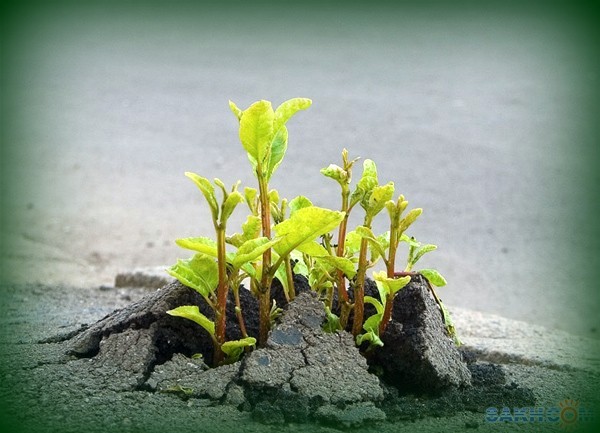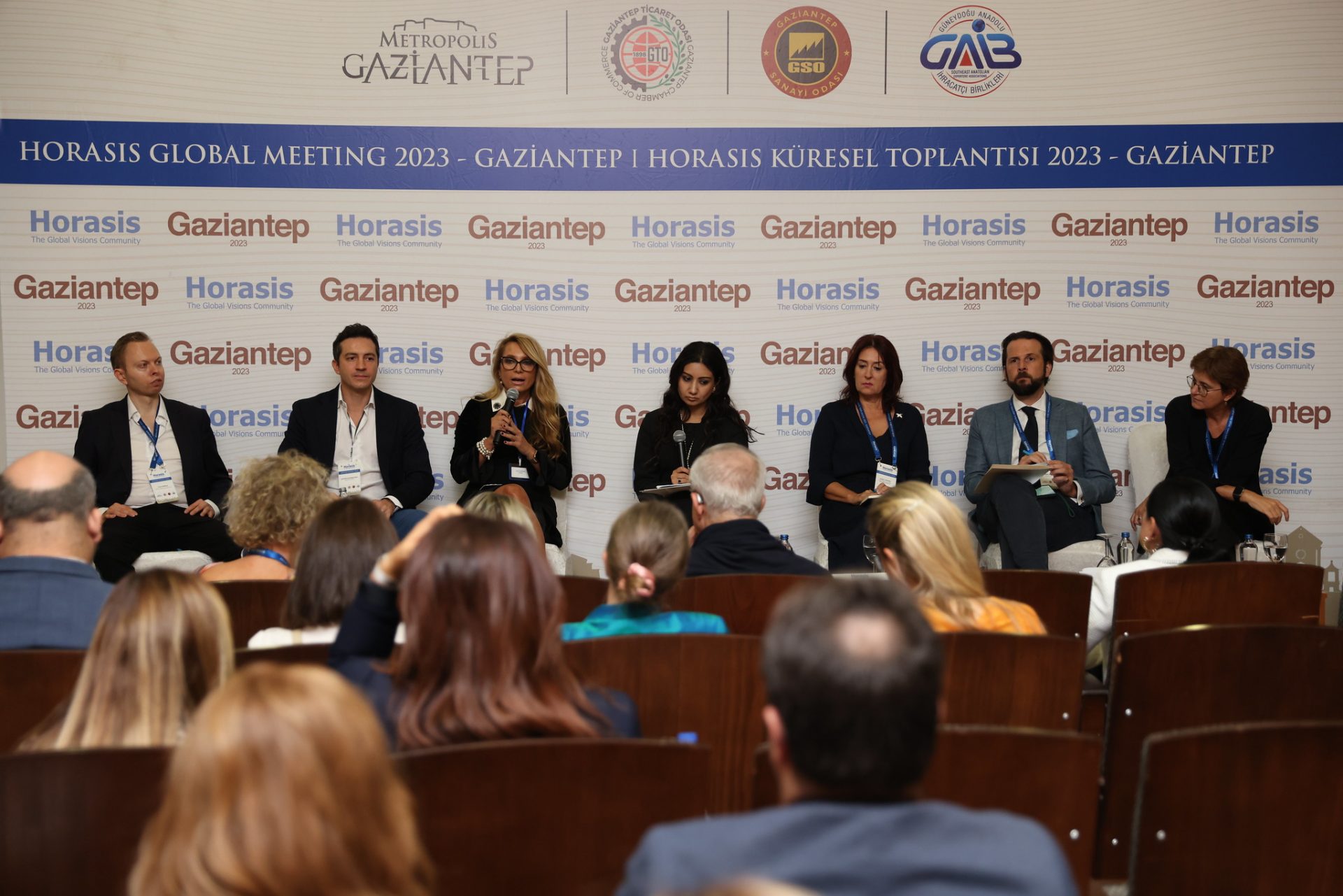The values of the new world
It has become very popular to write on the topic “What will the world (business, human relations, economy, etc.) be like when the COVID-2019 coronavirus pandemic ends”. I also decided to contribute to the thoughts on this subject, but from a slightly unusual point of view.
I won’t write about what the world will look like after the pandemic for a banal reason – I do not understand it yet. What I have read from others does not seem reasonable enough to me. Many people write that in the new world everything will “go online”. But will it be so? Isn’t it worth assuming that during quarantines and lockdowns people will so much miss live human communication, trips to other cities and countries, shops where you can touch and try on the intended purchase, that we will see a renaissance in offline relationships and offline businesses (those businesses which will live up to this time)?
So instead of making forecasts about what the new world will be like, I will limit myself to thinking on the topic what will be “the values of the new world”, what will be important for the success of business projects in the new world?
The number one value, which I think will gain much more importance than it has today, is honesty and openness. The very course of the fight against the pandemic in different countries shows that maximum openness and information transparency (including wide dissemination of information about problems and difficulties) is an absolutely necessary condition for success.
Today’s business world does not yet welcome honesty very much. For example, open recognition of difficulties and problems are unlikely to facilitate the receipt of loans and other forms of support from financial institutions. Although I, as a person with more than 20 years of experience in factoring (for those who do not know, this is a sector of the financial industry), I am well aware that the amount of losses caused by dishonest clients greatly exceeds the amount of losses caused by the clients with financial problems. I think that not only in the financial industry, but also in other sectors of the economy, it will be necessary to revise approaches to risk management radically, because the existing risk management system “misses dangerous blows.”

The number two value is not so certain, but no less important. This is diversification. If, for example, the major airlines, in addition to their core business, were engaged in something else not directly related to the transportation of passengers (although, perhaps, focused on the same target audience), they would not be now in such a regrettable state, from which many will not probably get out.
Probably, in this regard, many people will ask: what about specialization we are professionals in? But the paradox of the situation is that in the new world, just professionalism may no longer be an important value. The world is changing so quickly that professionalism is becoming a perishable product, because knowledge and skills, which seemed super important just yesterday, today become useless. And as the role of professionals decreases, the significance and role of creative and capable of quick adaptation non-professionals will grow. Although, probably, this will not affect all sectors (in the medicine it is not possible to do without professionals). And this will lead to tectonic changes in the educational industry.
And finally, the number three value is the humanization of business. Here I mean not only orientation towards universal human values (although this is also true), but also the fact that many business companies will become much more like human beings in their behavior. For example, today most people have a much more open lifestyle than ever before (largely, of course, due to social networks), telling the general public about their plans, trips, problems, personal life features, and even about what they eat and drink (under quarantine, this usually happens on a particularly large scale). I am almost sure that the life of companies will become equally open and public.
Or let us take diversification. Today, the activities of specific people are much more “diversified” than the activities of most business companies, since they include the main work, temporary work, various part-time jobs, different hobbies, etc (I’m not talking about personal and family life). And this is also the target that many companies will eventually strive for.
And I think that in the new world, timely adherence to new trends and values will be more important than the company’s industry. And this will give a chance to companies from those industries that today look almost dead. However, this is not a completely new idea. Charles Perrault in the 17th century described the situation when a company with assets represented by the Puss in Boots (but, more importantly, with a system of values and behavioral patterns that the above-mentioned cat demonstrated) proved to be more successful than a company from more than prosperous at that time time “mill” industry.
This article was authored by Mikhail Treyvish, Founder, Universal crowdsourcing Agency OmniGrade, Russia




